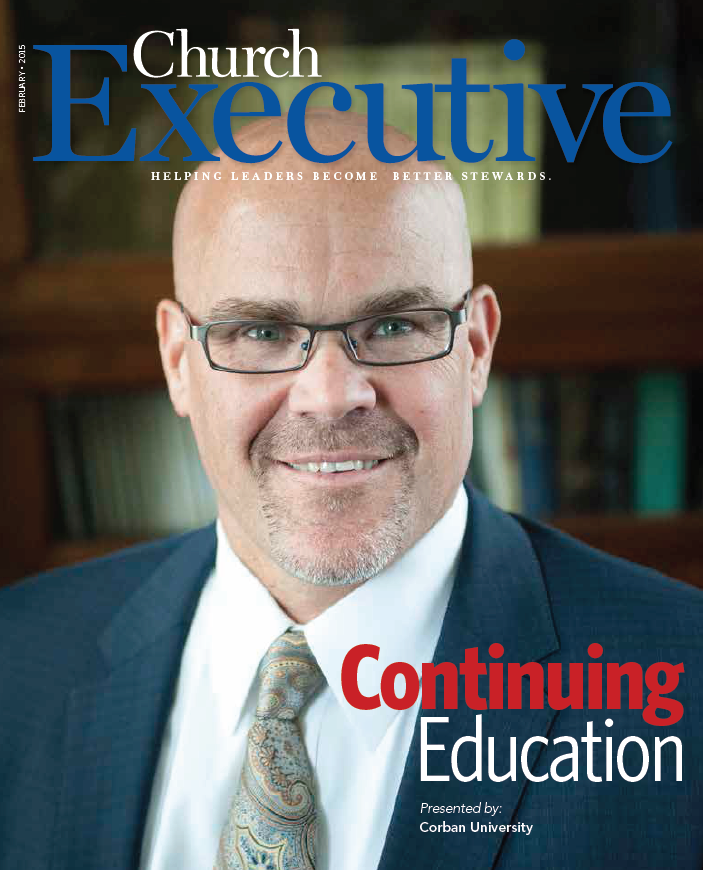While no one model for the “ideal pastor” exists, the work of pastors can be divided into three broad categories: (1) ministering the Word, (2) pastoral care, and (3) administration.
By Mark A. Jacobson, D.Min.
No one person can exc![]() el in all three of these areas; we’re just not wired that way. I have known only one pastor who excelled in two of these areas — preaching and administration — but he was notoriously weak in dealing with people.
el in all three of these areas; we’re just not wired that way. I have known only one pastor who excelled in two of these areas — preaching and administration — but he was notoriously weak in dealing with people.
Experience suggests that a good pastor will excel in one area, be adequate in a second, and barely adequate or even weak in a third.
It follows, then, that not every pastor needs to excel in preaching and teaching the Bible. Then again, when people visit a church, they expect to hear sound, biblically-based preaching from the Scriptures.
When my wife and I moved to Salem, OR, we visited a number of churches in the area, some of whose ministries had little or nothing to do with weekly pastoral preaching. So, we were willing to put up with less than excellent preaching if other factors outweighed it. But, we still wanted to hear a sermon that got the text right exegetically and then had some meaningful application to the audience that was directly related to the text. It took us months to hear a sermon that met this relatively low bar. We are now active members of that church.

In most (if not all) cases, the lack of skill in ministering the Word can be traced back to inadequate training in biblical and theological studies. As in any profession, it’s fairly easy to spot the difference between those with adequate education and those without it. This does not mean, however, that pastors necessarily should be skilled in all areas of theology and be able to read Greek and Hebrew.
While my own M.Div. training prepared me in biblical and systematic theology, reading the original text, and church history — the classical seminary curriculum — I have never thought that this level of biblical training was necessary for good, solid biblical preaching.
You don’t need three years of Greek and Hebrew to preach exegetically sound, relevant sermons. But, you do need to preach well, even if preaching / teaching is not the area in which you excel.
This is where additional education and training come in
Help for pastors is readily available today — and more accessible than ever — due to online instruction. In my own setting, online courses are available in interpreting Scripture, overviews of the Old and New Testaments, systematic theology, survey of church history (the basic core of biblical studies), plus courses on homiletics.

At Corban University, the Master of Divinity: Church Ministries track is fully online. The Biblical Languages track combines online and on-campus instruction. Both include the level of instruction in Bible and theology that equip pastors to communicate God’s Word more effectively.
Communicating God’s Word effectively is not optional. Let’s never forget what Paul told Timothy: “All Scripture is inspired by God and is useful to teach us what is true and to make us realize what is wrong in our lives. It corrects us when we are wrong and teaches us to do what is right. God uses it to prepare and equip his people to do every good work” (2 Tim. 3:16-17 NLT).
We want people in our churches to profit from the reading, studying and application of scriptural truths in their lives.
To that end, they need to see a model of how to do that in their pastor’s sermons. They need to hear good theology based on good exegesis skillfully applied to their lives.
Of all that pastors do, this work has the greatest potential for establishing solid, healthy, growing churches.
Mark A. Jacobson, D.Min., serves as Associate Professor of Theology in Corban University’s School of Ministry in Salem, OR. https://grad.corban.edu/ministry


